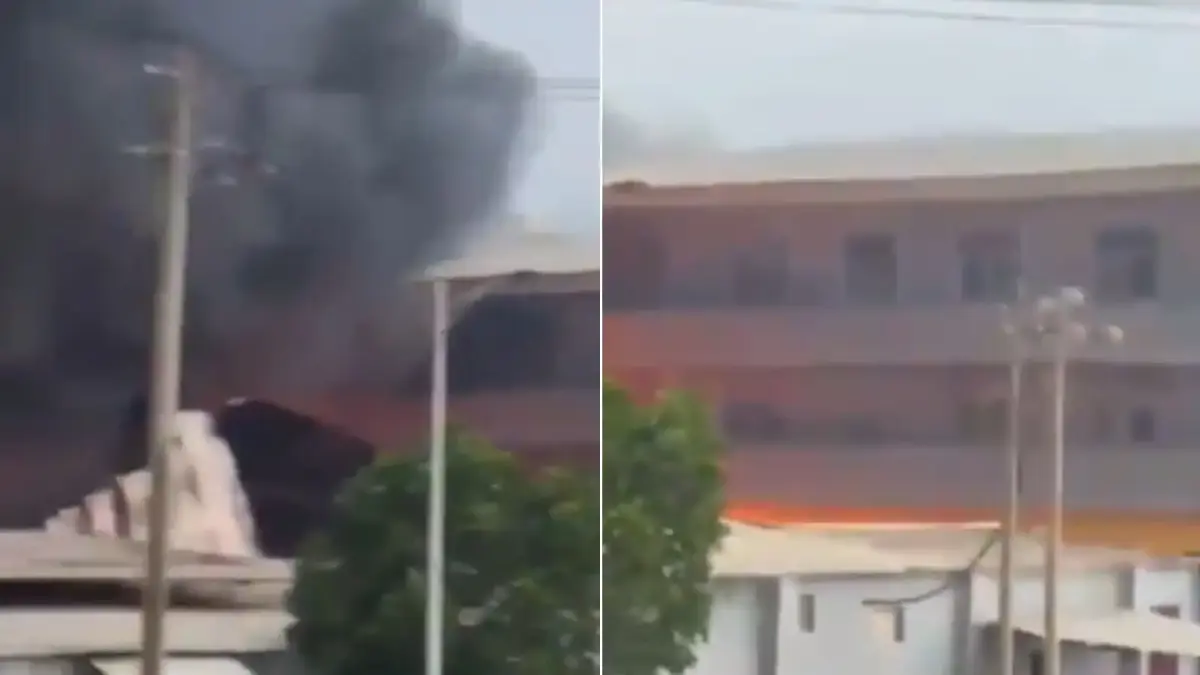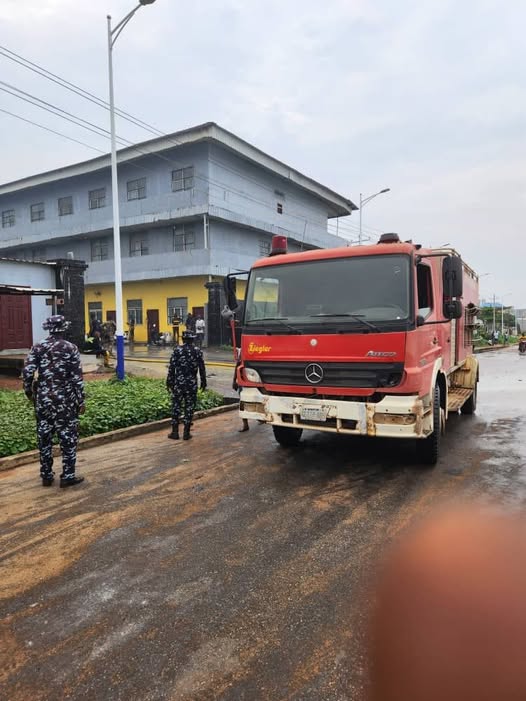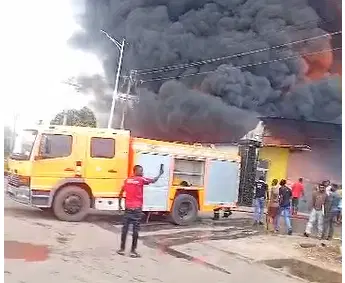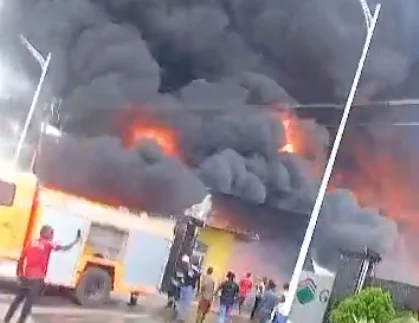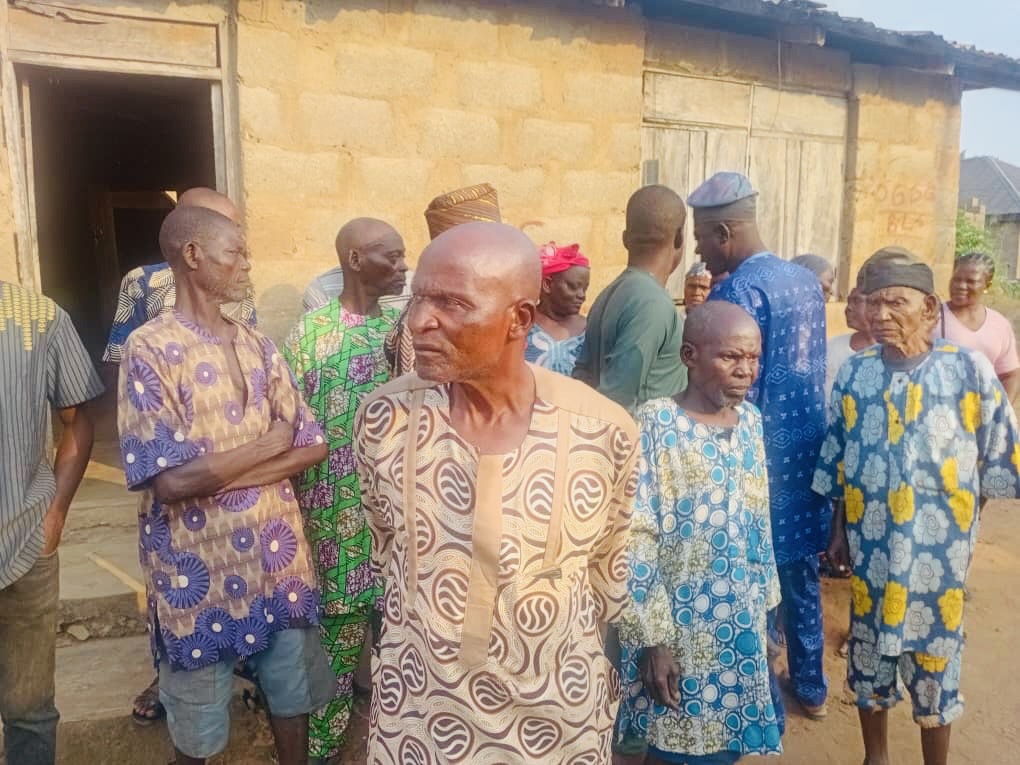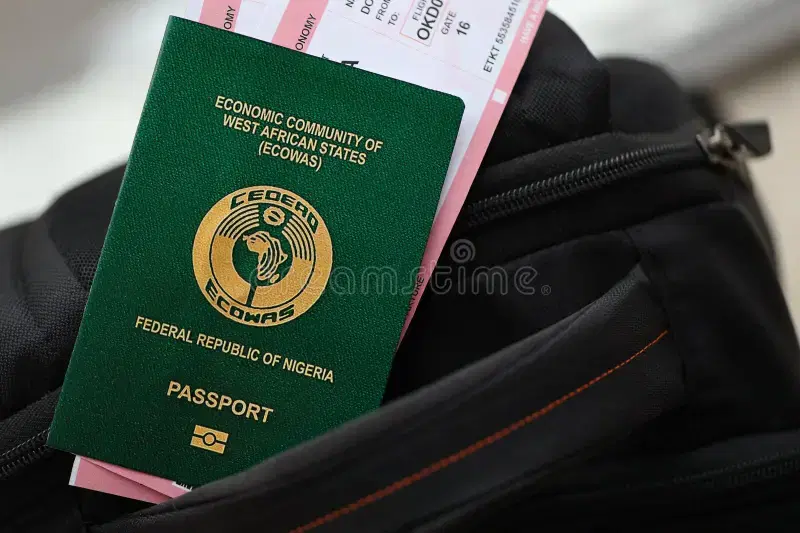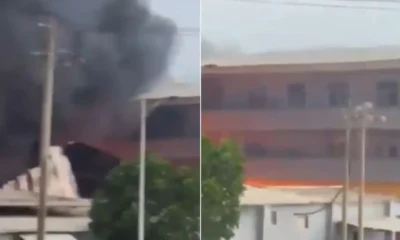Vice President Kashim Shettima says Nigeria’s security challenges require a united response, noting that violent attacks do not distinguish between religion, ethnicity or social status.
Shettima maintained that when a weapon is used by those threatening the nation’s peace, it does not differentiate between individuals and farmers and other civilians.
He explained that the present administration met significant security problems on assumption of office, which has forced it to adopt a coordinated approach focused not only on addressing current threats but also on ensuring long-term peace and stability.
Shettima, represented by the Deputy Chief of Staff to the President, Ibrahim Hadejia, stated this at a high-level stakeholders’ meeting on regional development organised by the National Counter Terrorism Centre, Office of the National Security Adviser, in Abuja on Thursday.
He said, “Every person or organisation in the business of governance must play a role in this grand mission of national restoration.
“A bullet or a bomb knows neither ethnicity nor religion. When it is fired by the enemies of our collective peace, it does not discriminate. It kills the farmer and the trader alike, and it destroys the very fabric of our multifaceted, multi-religious, and multi-ethnic society in a devastating and retrogressive manner.
“Our challenge, therefore, is not only to fight the forces behind these conflicts, but also to dismantle the sentiments that are weaponised to divide us and weaken our resolve to fight back as one nation.
“Beyond ideas and agendas, we must pay close attention to the power of messaging. Our messaging must be rooted in empathy and understanding.”
He emphasised that those involved in governance, whether institutions or individuals, must contribute to restoring national peace.
He noted that attacks by criminals harm everyone in society and further deepen divisions along ethnic and religious lines.
He urged leaders to counter narratives that fuel division and to ensure communication that is thoughtful, empathetic and unifying.
The Vice President also highlighted the need to strengthen public institutions and address existing gaps, stressing that national development can only be achieved when every part of the country progresses simultaneously.
He said, “We cannot claim to have progress as a nation unless each part of the federation moves forward at the same pace. What we need, therefore, are functional institutions that guarantee the presence and service of government even in the remotest parts of the country.”
He said government presence should be visible in all communities, including hard-to-reach areas.
Shettima described the creation of regional development commissions across the six geopolitical zones as part of the administration’s strategy to take development closer to the people.
He noted that the commissions are expected to serve dual purposes—accelerating development and enabling shared learning among regions.
He explained that although the government has previously worked with the private sector and international partners on development strategies, many of those efforts did not fully address region-specific realities.
He urged the commissions to adopt solutions that reflect the unique needs and priorities of their respective regions.
The vice president called for cooperation among the commissions, stressing that collaboration and a shared sense of purpose are essential to addressing long-standing developmental and security challenges.
His remarks follow ongoing debates over claims that Christians in Nigeria are being targeted.
The controversy intensified after the United States recently listed Nigeria as a country of particular concern.
FOLLOW US ON:
FACEBOOK
TWITTER
PINTEREST
TIKTOK
YOUTUBE
LINKEDIN
TUMBLR
INSTAGRAM

 News8 hours ago
News8 hours ago
 Politics8 hours ago
Politics8 hours ago
 News8 hours ago
News8 hours ago
 News8 hours ago
News8 hours ago
 News7 hours ago
News7 hours ago
 Politics7 hours ago
Politics7 hours ago
 Crime7 hours ago
Crime7 hours ago
 News6 hours ago
News6 hours ago


